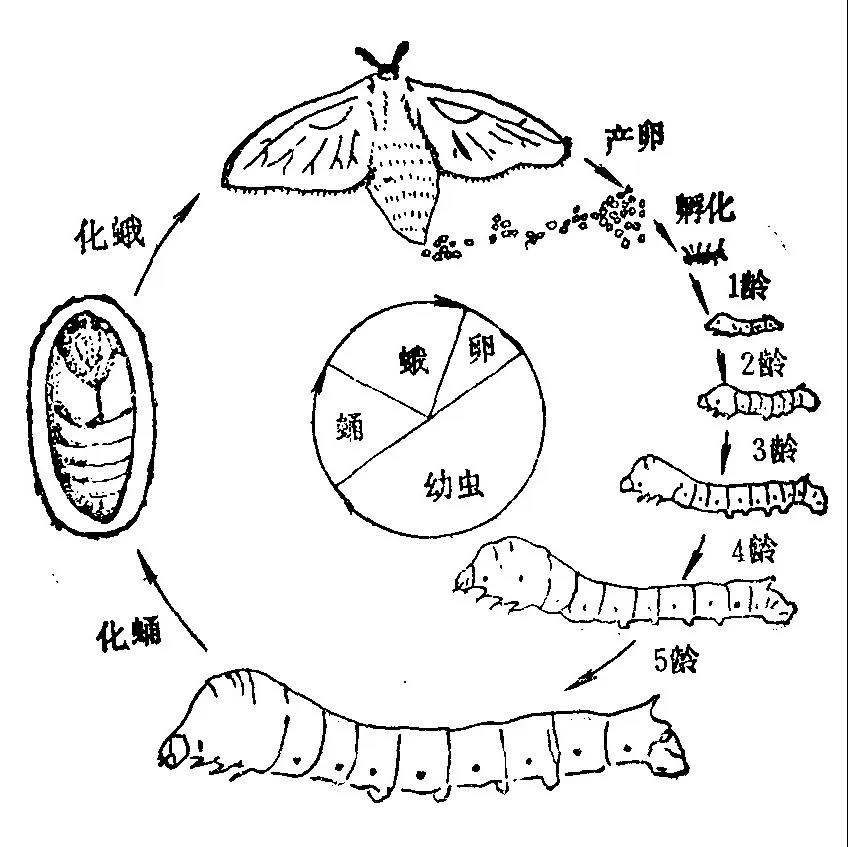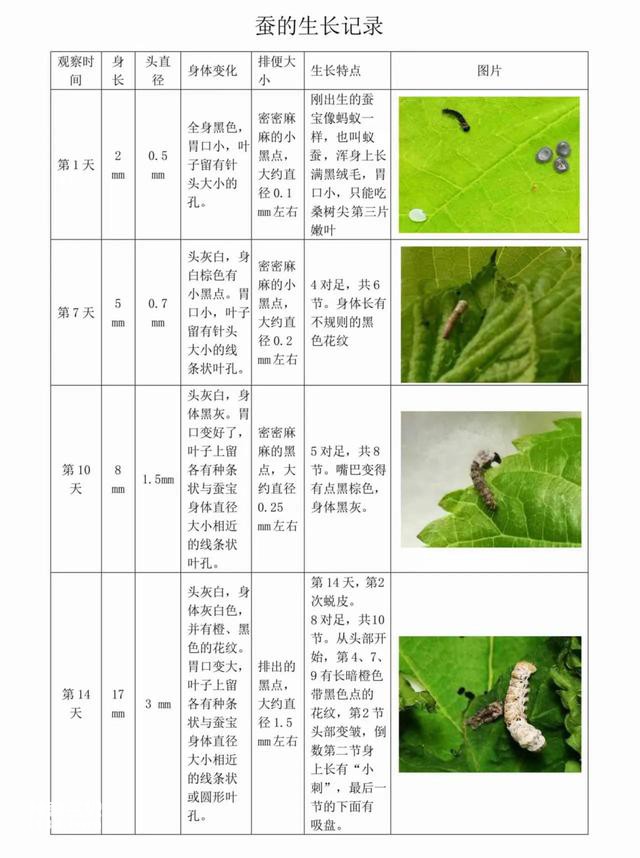Silkworm larvae refers to the larvae produced after the silkworm chrysalis hatches, which is what we usually call silkworm babies. The growth process of silkworms goes through a complete life cycle from larvae to pupae and then to adult moths. The following are the detailed changes that occur in the body of silkworm larvae during their growth:
1. Incubation stage:
After the silkworm chrysalis hatches, the larvae hatched from the eggs are small and white or yellowish in appearance, and are called silkworm babies.

2. Larval stage:
Rapid growth: Silkworm larvae will undergo multiple molts, and will become larger after each molt. As their food intake increases, their weight will also increase rapidly.
Exoskeleton growth: The exoskeleton of silkworm larvae is segmented. When the larvae grow, they need to molt to renew the exoskeleton to adapt to the growth in size.
Changes in head and body segments: As silkworms grow, their heads will become larger, their trunks will gradually lengthen, and more obvious thoraxes will appear to help them crawl on mulberry trees.
Shell gland growth: Silkworm larvae form and grow shell glands in their juvenile stages to secrete silk proteins and provide silk threads for later cocoon structures.
3. Pupa stage:
When the silkworm larvae is fully grown, it stops eating, looks for a suitable place to build a cocoon, and then molts into a pupa.
Under the pupal appearance, the body of the silkworm gradually transforms into a pupal body, and the appearance begins to take on the shape of a cocoon.
Silkworms undergo multiple molts and growth during their short larval stage, eventually completing the pupation process and preparing to enter the next adult moth stage. This process is accompanied by significant changes in body shape, exoskeleton, organs, etc., laying the foundation for the subsequent life cycle of silkworms and the process of producing silk.

animal tags: silkworm
We created this article in conjunction with AI technology, then made sure it was fact-checked and edited by a Animals Top editor.